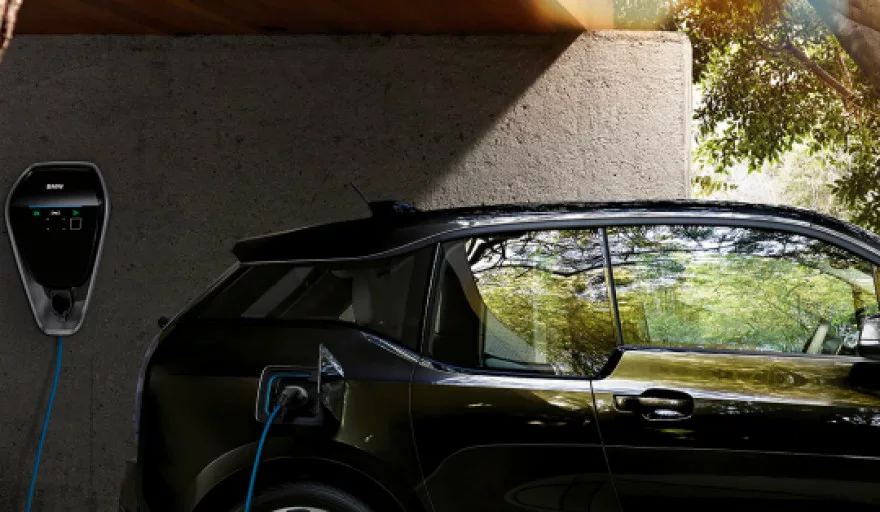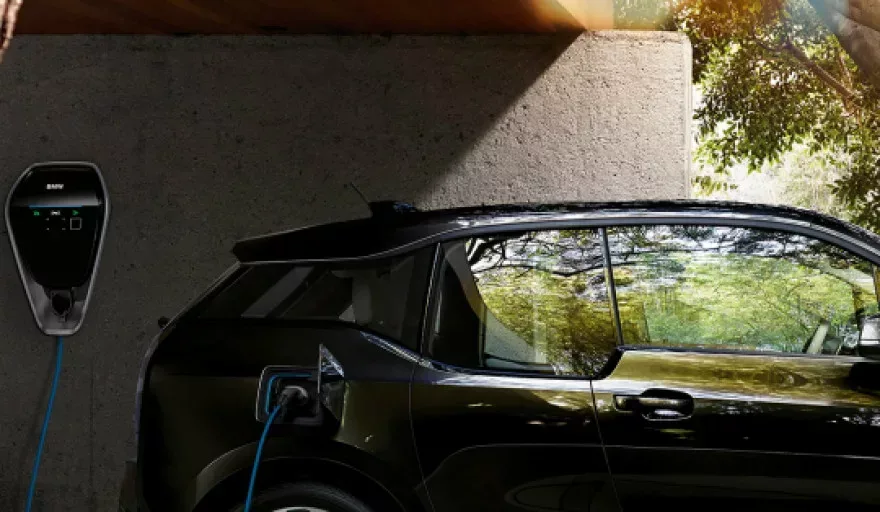
Swisatec Architects and Project Managers of Africa’s first green village: Blue Rock Village, believe in the reality of electric vehicles at Blue Rock Village and the greater City of Cape Town.
The future vehicle is here. Our dependency on oil, coupled with the pollution, natural resources consumption and economic turbulence it creates cannot continue if we hope to see a sustainable future for the transport industry. Globally the transport industry contributes around 23 percent of all carbon dioxide emissions per year, second only to electricity generation. It is estimated that vehicles throughout the world burn around 960-billion litres of fuel every year and this figure increases every year as 100 million new vehicles are being manufactured every year, keeping in mind that petrol powered cars only use 14-16 percent of energy to power the vehicle.
Research conducted by the uYilo e-Mobility Technology Innovation Programme at Nelson Mandela Metropolitan University found that running an all-electric Nissan LEAF for a year can cost R18 000 less than a petrol vehicle, based on the average South African annual mileage of 30 000 kilometres.
Swisatec plans to include EV charging stations on the design of Blue Rock Village, especially in key areas such as underground parking of the five-star envisioned Blue Rock Hotel and Conferencing Centre, the Dollar House – a high-end corporate office space – the Wellness and Spa and the 40 000 sqm Santa Luzia Lifestyle Centre.
“Electric vehicles are a step in the right direction, being the first green village in Africa or achieving the first six-star Green Star Communities rating in Africa means nothing to us if we cannot transform the lives of people. Our objective is being a true green village hence we need to think and plan 20, 40, 60 years from now and make provisions for the future.”
Soon Swisatec plans to make Blue Rock Village the first village to have an electric shuttle vehicle to service the whole village. Residents can summon the electric shuttle with a mobile app, like an UBER ride, and they will be transported to their destination within the village.
Cars powered by batteries are nothing new. The fist vehicle was invented between 1832 and 1839. The first ever commercially available car with rechargeable batteries was available in 1881. After the end of the First World War petrol cars were more reliable and petrol was more available, unfortunately, the electric car died out.
The likes of Nissan, BMW and soon Tesla have hit the South African market and are proving to be successful hence the plan to expand EV charging infrastructure.
As Anthony Foxx said: “The reality about transportation is that it’s future orientated. If we’re only planning for what we have now, we’re behind the curve.”

























